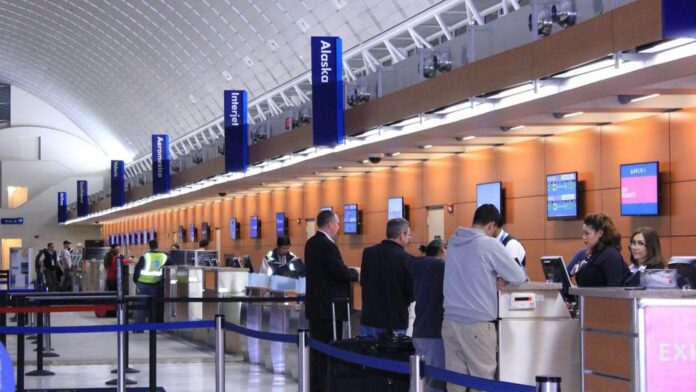Major U.S. airlines on Monday voiced opposition to a renewed legislative push aimed at reducing the transaction fees charged by Visa and Mastercard, warning it could force them to eliminate popular rewards credit cards that offer frequent flyer miles.
In a letter to senators, American Airlines, United Airlines, Southwest Airlines, and other aviation companies including Boeing, Airbus, RTX, and GE Aerospace argued that the bill could significantly reduce air travel and damage the broader tourism industry. Aviation unions also signed the letter.
The legislation, backed by Senators Dick Durbin and Roger Marshall, could be attached to a cryptocurrency bill under consideration this week. The airlines, which generate billions annually through co-branded credit card partnerships, claim that reducing swipe fees would make it financially unfeasible to maintain their rewards programs.
They cited the impact of a 2010 law that targeted debit card fees, saying it nearly eliminated rewards debit cards.
Durbin has previously described airlines as “basically credit card companies that own some planes.” He and Marshall estimate the proposed measure could save merchants and consumers $15 billion annually, noting that businesses currently pay over $100 billion a year in credit card swipe fees.
The airline letter highlighted that more than 31 million Americans hold airline travel reward cards and 57% of all frequent flyer miles and points issued in 2023 came from credit card use. Nearly 16 million domestic air trips were awarded last year through points earned on airline-branded cards.
In 2023, the Biden administration’s Transportation Department opened an inquiry into major carriers, requiring American, Delta, Southwest, and United to submit records to ensure fair practices for consumers. Airlines leaned heavily on loyalty programs to maintain revenue and liquidity during the COVID-19 pandemic, when travel demand collapsed.
According to On Point Loyalty, the loyalty programs of Delta, United, and American were each valued at more than $20 billion last year.




